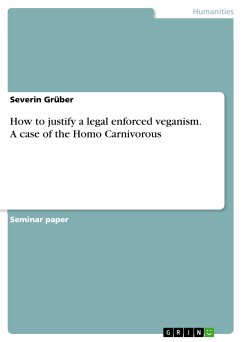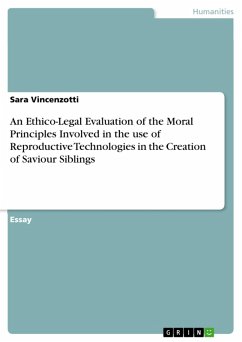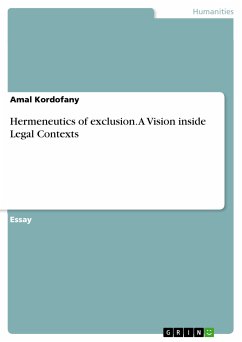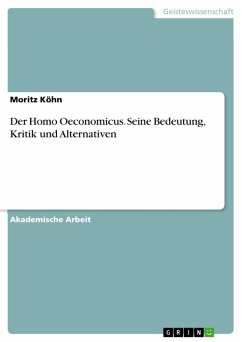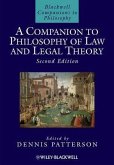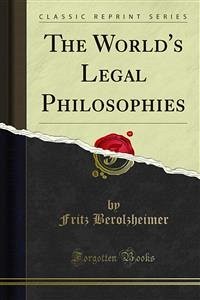Seminar paper from the year 2019 in the subject Philosophy - Practical (Ethics, Aesthetics, Culture, Nature, Right, ...), grade: 1.7, University of Constance, course: Theories of Public Justification, language: English, abstract: For almost 5000 years now, an anthropocentric world view has prevailed in large parts of the world. In general, this view claims that humanity is at the center of the world and enjoys a prominent position in nature. The common division of all living beings into humans and non-humans illustrates this fact. Also, the most religions (e.g. Christianity, Judaism, Islam) describes the human as the pride of creation. However, not only religions propagate this view. Humanism, too, attributes a unique position to mankind. A consequence of the view that the human being is placed higher, is the disparagement of other living beings. Therefore, since the beginning of anthropocentrism, non-human animals are objectified, exploited as slaves and consumed as food. It is called speciesism, more specific, carnism. Both a "subcategory" of anthropocentrism. However, this approach to the environment is neither ecologically sustainable nor morally justifiable.
Dieser Download kann aus rechtlichen Gründen nur mit Rechnungsadresse in A, B, BG, CY, CZ, D, DK, EW, E, FIN, F, GR, HR, H, IRL, I, LT, L, LR, M, NL, PL, P, R, S, SLO, SK ausgeliefert werden.

